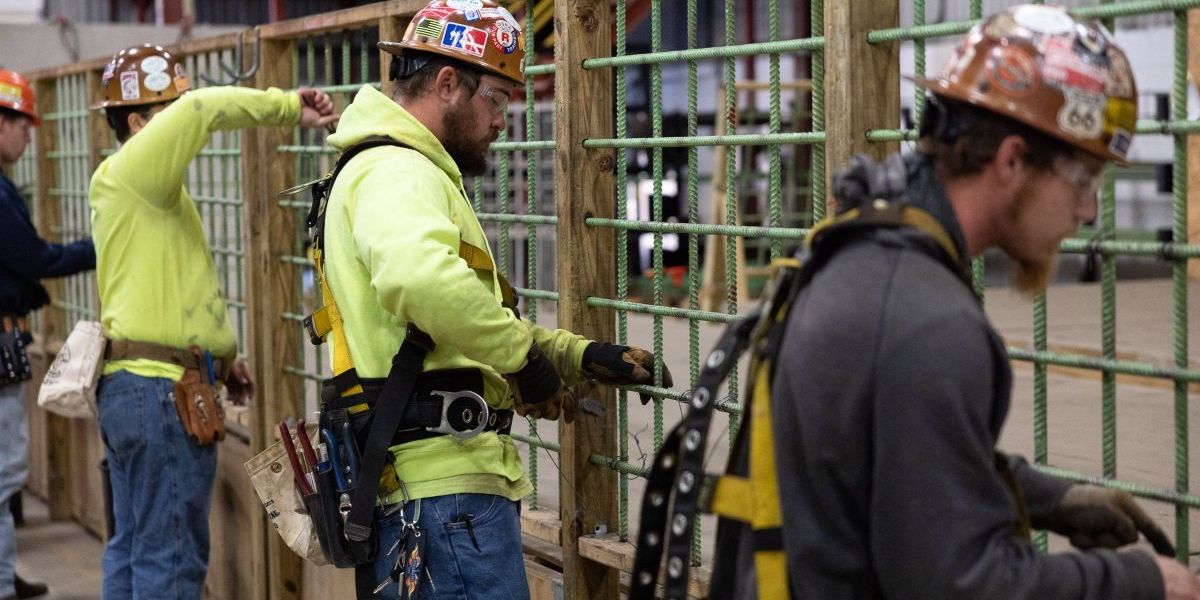MJP –
Michigan state officials have responded to the mass layoffs at two large corporations by offering incentives to employers to reduce the jobless rate.
Despite getting large incentives from the Michigan state government to maintain and increase automotive employment, Stellantis and GM are laying off thousands of workers in the state.
Six hundred thirty-four employees at General Motors Global Technical Center in Warren are among the 1,000 white-collar workers that will be let go by the company.
Stellantis has already decided to lay off as many as 2,450 workers at the Warren Truck Assembly facility.
These layoffs are a continuation of a pattern of staff cutbacks experienced by both Michigan-based enterprises.
The number of Stellantis employees in the state has dropped 7% in the last year, to 38,913, while the number of GM employees has dropped 9%, to 50,316.

Continuing problems in the automobile industry, like Stellantis’s falling U.S. sales and GM’s electrification effort, and software problems in new pickup models, are brought to light by the layoffs.
As part of larger efforts to reduce expenses and improve efficiency, these layoffs have been implemented.
SEE MORE –
Layoffs Striking the Hardest: Where the Most People Are Affected
Ford has set itself apart from other Detroit automakers despite industry headwinds by increasing its Michigan workforce by 11% in the last year.
Nevertheless, a three-row SUV is no longer in the works, and Ford has postponed manufacturing of its next-generation electric pickup, as part of a $1.9 billion shift in its electric vehicle (EV) strategy.
Mass layoffs are par for the course in the cyclical car industry, but the pressure on Detroit manufacturers to produce affordable EVs in the face of dwindling demand and growing labor costs is making them buckle.
Despite the layoffs, Stellantis and GM are still fully committed to Michigan.
While General Motors emphasized its status as one of the top employers in Michigan and its recent investment in a new headquarters in downtown Detroit, Stellantis emphasized its long-standing presence in the state and continuous investments in manufacturing.
Because Michigan incentives are typically related to job creation criteria and economic development authorities have noted that layoffs seldom result in the recovery of monies, it is highly doubtful that the recent layoffs will have any impact on these arrangements.
Despite the dramatic changes occurring in the automotive sector, Stellantis and GM are likely to apply for further state funding for future endeavors.
Michigan officials are keeping a careful eye on things and trying to find methods to diversify the state’s economy, which is very dependent on the automotive sector, according to CBT News.
Attracting and developing other industries is becoming more apparent as a necessity for long-term economic stability, even though manufacturing is still a priority.




